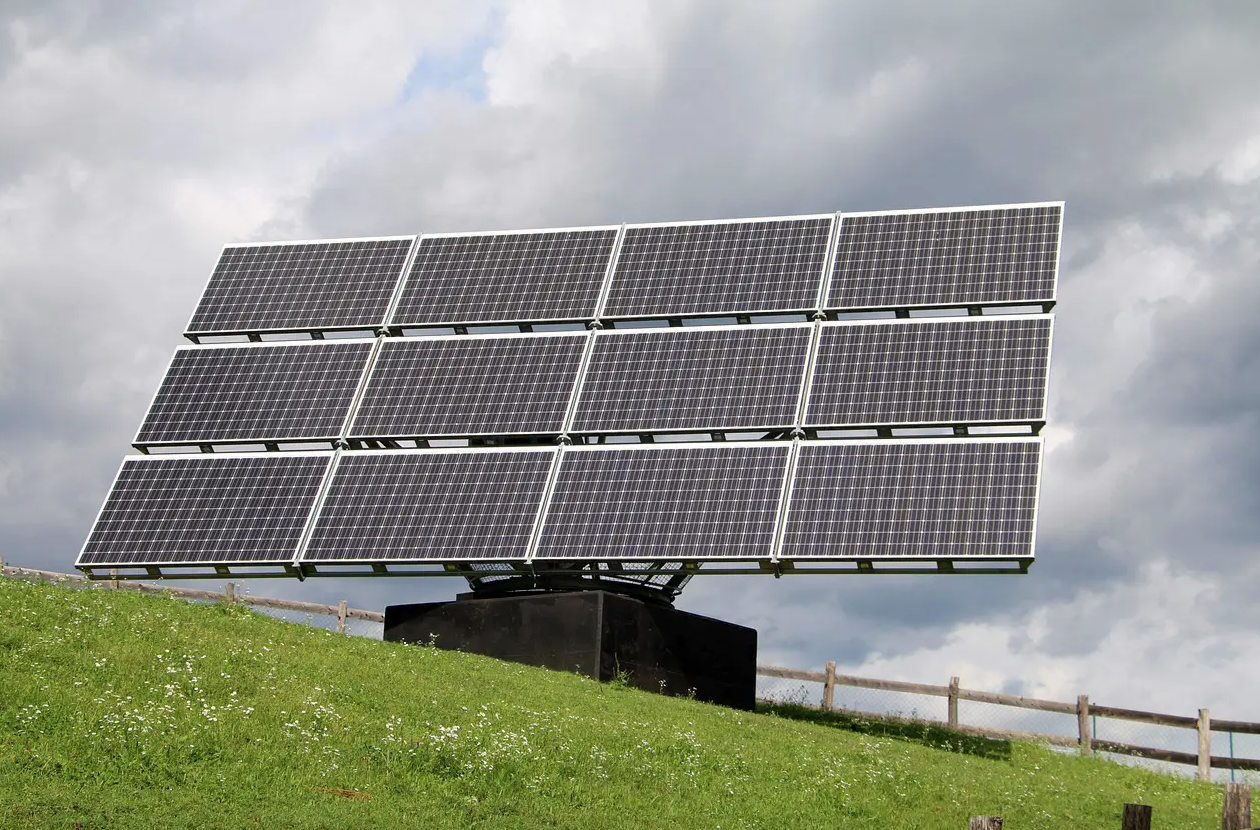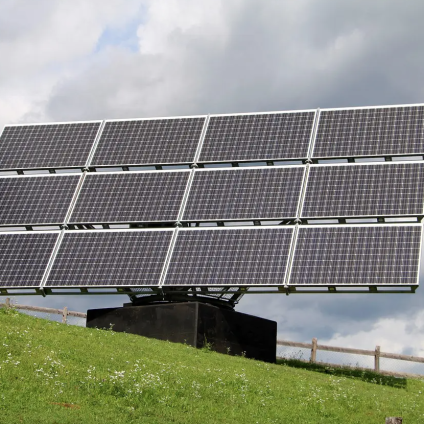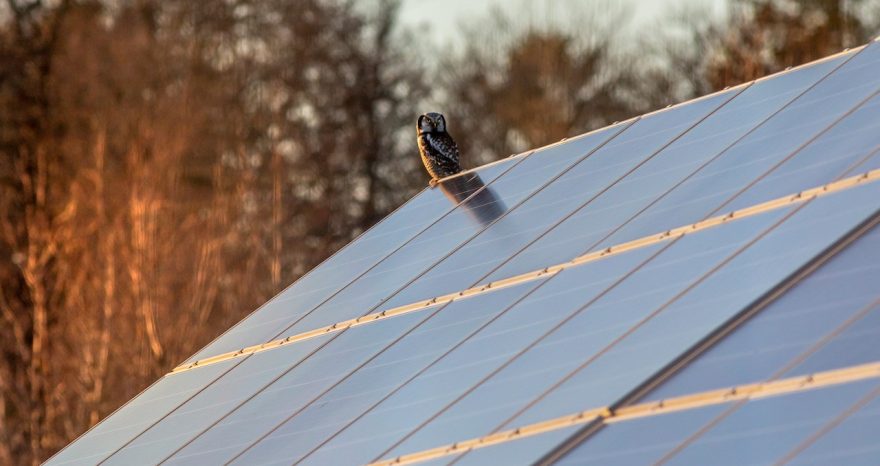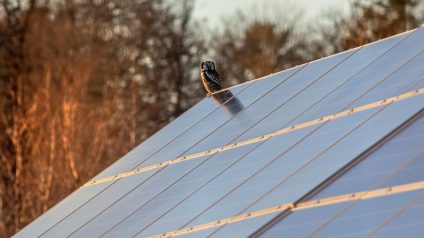BNEF is updating its forecasts for the global solar market: installed systems increased by more than 60% between 2022 and 2023. But more than half of growth is due to China alone
The updated data on the Worldwide photovoltaic market 2023
(sustainabilityenvironment.com/) – There is still a month left at the end of the year and there are already those who are not afraid to talk about a new record for photovoltaic 2023. The fact that the sector was on a solid growth trajectory is a well-established fact, but the sector analyses even show a rise in the forecasts at the beginning of the year. The latest figures come from the “Global PV Market Outlook, 4Q 2023″ of BloombergNEF (BNEF), the quarterly perspective of the Worldwide photovoltaic market. The document, in its mid-scenario, estimates for the global photovoltaic 2023 a new capacity of 413 GW. As a comparison last year, the industry had installed “only” 240 GW, bringing the total cumulative capacity to 1.185 GW.
This is a significant increase, but mostly linked to China’s extraordinary performance. The country alone should close the year with 240 GW of new photovoltaic systems. More than double the installed 2022. The performance of other markets that, after the exploit of last year, stimulated by the energy crisis, is showing today the first signs of fatigue. Or to use the same words of analyst Jenny Chase of BloombergNEF, “the hangover”.
Photovoltaic energy in the world, between good and bad news
The good news? Now are 33 national markets that install over 1 GW of photovoltaic each year. And the prices of the photovoltaic modules have reached the lowest level ever: just 0.128 dollars per watt in the third week of November. BNEF expects the price of panels to drop below $0.125 per watt in barrier-free markets.
The bad news? The results of the 2023 photovoltaic might not be surpassed by momentum in 2024. The residential photovoltaic market in Europe is slowing down now that the expensive energy seems to be a distant problem. And the increased production of polycrystalline silicon, Chinese solar cells and panels has led to an imbalance between supply and demand (as well as a drop in prices). “The total module production capacity of Level 1 industries is 839 GW,” writes Chase. “The accumulation of (photovoltaic) stocks is high in Europe […] Nevertheless, most manufacturers expect to continue production, backed by strong liquidity positions, that allow them to make a ‘chicken game’ with competitors about who will succumb to the pressure and will exit the market first”.













